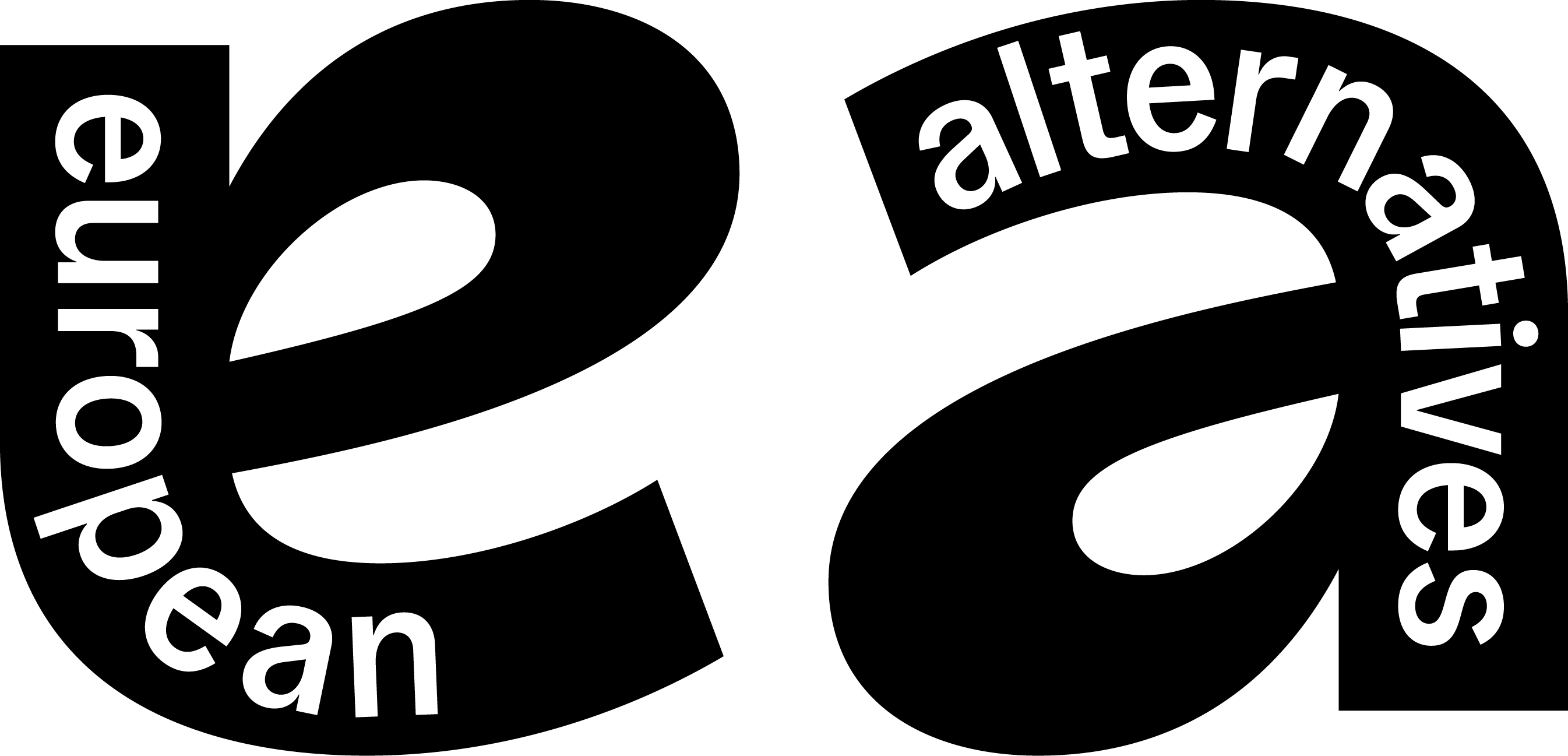Queer Sea Marriage: Towards a Venice’s ecofeminist manifesto
Workshop
Sunday, November 10
14h – 15h
CREA
Curated by Rete Arcipelago, based on a project by Benedetta Panisson
Arcipelago network invites different voices of Venice who have a long-standing daily relationship with the sea and the lagoon to talk about their stories, symbols and dreams that can help Venetians to recognize its cosmology and its practices. These voices will inspire a path towards the building of an ecofeminist Manifesto. The voices and perspectives of the people involved will come together in the project Queer Sea Marriage: a reimagining of the Sensa, the traditional ritual in which the Venetian authority marries the Adriatic Sea, transformed into a new performative dimension.
The workshop will function as an open process where everyone can actively contribute to Transforming Research and Ideas into Public Action Urgent themes will be brought up in the open process such as the deep relationship among people, the water, and the ecological quest.
Benedetta Panisson’s artistic and research project will fuel the debate in two dimensions
1. Reimagining the Marriage to the Sea: How can we reframe the tradition gendered female attribution to the sea, spousal entity within a queer, feminist, and ecological context?
The traditional ritual is steeped in an aesthetic of powers. Instead of perpetuating values such as dominance, patriarchy, heteronormative marriage, and human exploitation of the sea, how can the ritual be transformed into one that embodies ecology, queer-feminism, inclusivity, and sustainability? Which elements of this ancient performative ritual can be rethought to make it a collective performance in the contemporary world? What gestures could replace the act of marriage? What attire could replace the ducal crown and ermine? What sounds? What words could be spoken instead of the traditional “Desposamus te, mare. In signum veri perpetuique dominii”? What could be cast into the sea instead of a gold ring, to turn this ritual into a symbol of ecological respect and unity? How might the Bucintoro be reimagined today, in an era where our impact on the sea is under crisis?
2. Transforming Research and Ideas into Public Action:
How can an artistic project evolve into a public performance? How important is the visual form of a performance? What makes a performance relevant to a community? What existing rituals or artistic practices could serve as inspiration or examples for this transformation? The Marriage to the Sea is taught to Venetians from elementary school, but the way it is presented in local schools tends to preserve its original values. How can the elements of this ritual be rethought, even in the way it is narrated to children?
Finally, the Arcipelago’s collective will try to sum up the discussion, facilitating the conception of a first draft towards Venice’s ecofeminist manifesto.
IT / EN

